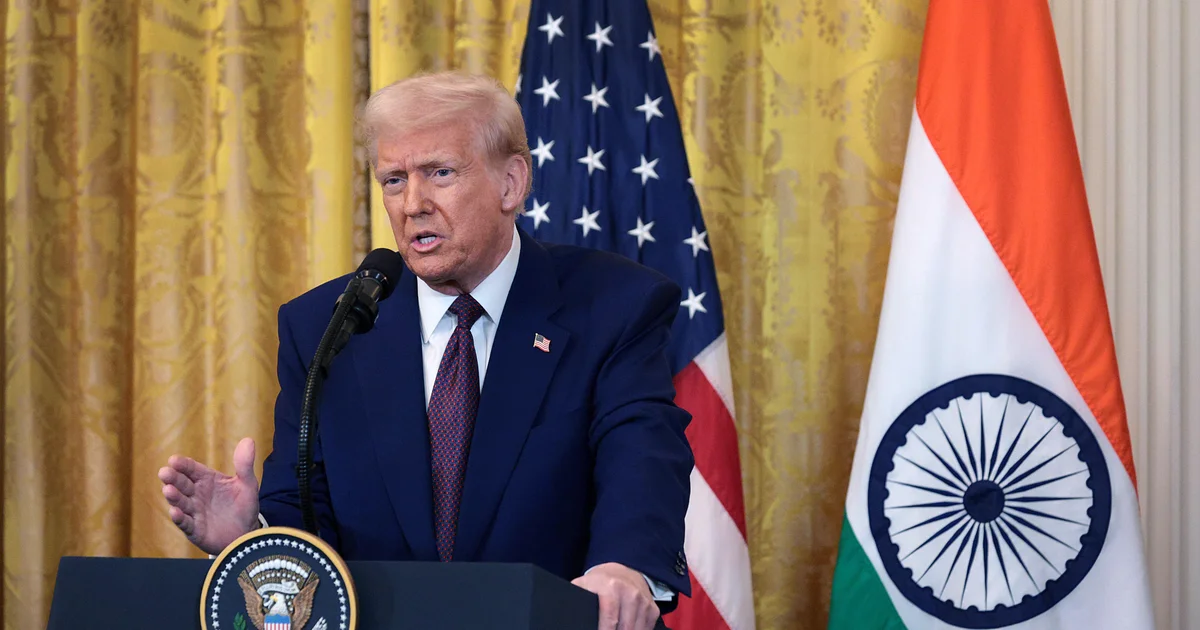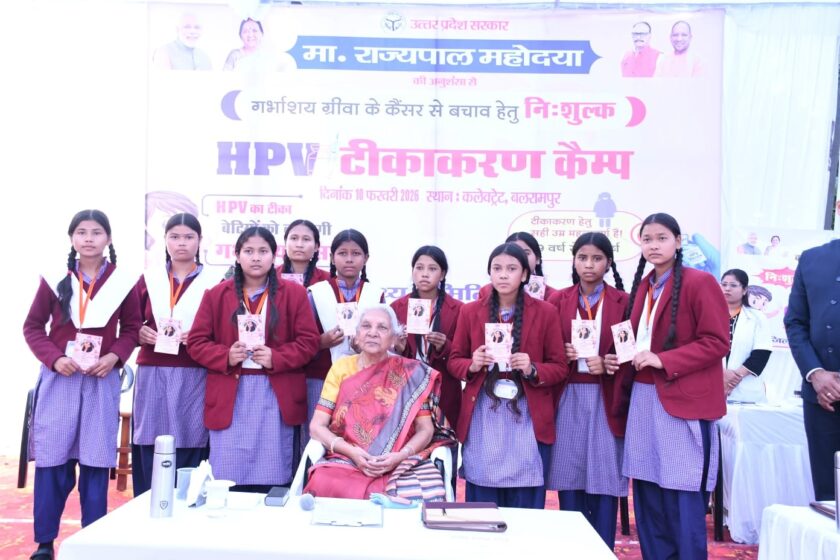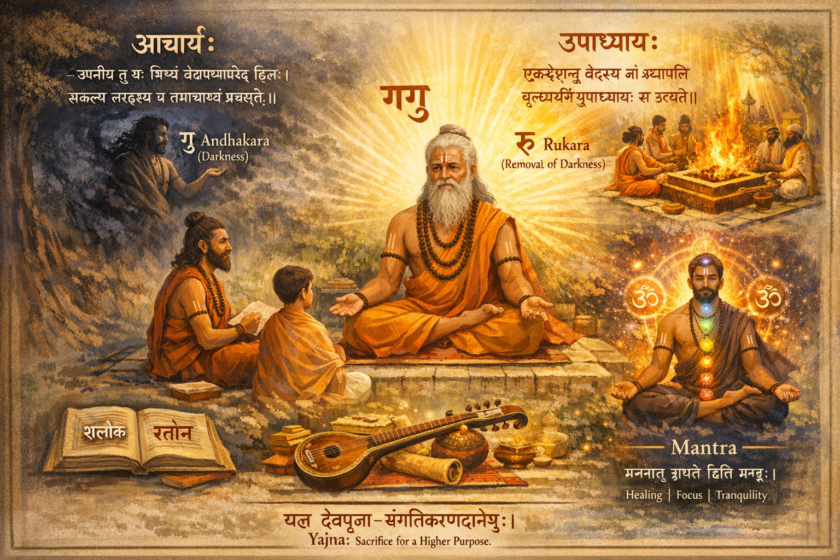New Delhi / Washington: US President Donald Trump’s recent pronouncements, particularly his dismissive “I don’t care, India and Russia can take down their dead economies together,” delivered after slapping India with a 25% tariff, mark a significant and alarming escalation in global economic and geopolitical rhetoric. These aren’t just off-the-cuff remarks; they are a calculated, public broadside that threatens to destabilize international trade relations and further fragment alliances.
Trump’s “Truth Social” post, labeling both India and Russia as having “dead economies” and criticizing India’s “too high” tariffs and robust ties with Moscow, is deeply problematic. Firstly, to casually write off two major global economies, one a critical strategic partner and the other a nuclear power, reveals a fundamental disregard for the complexities of international trade and diplomacy. While trade imbalances and tariff concerns are legitimate points of discussion, reducing entire national economies to a state of “deadness” is not only economically unsound but also diplomatically destructive.
The imposition of a 25% tariff on Indian imports, coupled with an unspecified “penalty” for India’s continued energy and military acquisitions from Russia, is a punitive measure that flies in the face of ongoing trade negotiations. It’s a classic Trumpian tactic: wield a blunt instrument to extract concessions. However, in the case of India, a nation that has diligently diversified its partnerships while maintaining historical ties, this approach risks alienating a key democratic ally in the Indo-Pacific. India’s reliance on Russian military hardware, a legacy of decades, and its current access to discounted Russian oil, are complex issues rooted in national interest and strategic autonomy, not simply a defiant rejection of Western pressure.
Furthermore, Trump’s direct warning to former Russian President Dmitry Medvedev to “watch his words” and that he is “entering very dangerous territory” adds another layer of instability. This public admonishment, seemingly in response to Medvedev’s own criticisms of Trump’s “ultimatum game” regarding Ukraine, indicates a volatile personal dimension to international relations that bypasses conventional diplomatic channels. It suggests that geopolitical tensions are increasingly being played out on social media, with little room for nuanced dialogue or de-escalation.

The implicit message to other nations is stark: align with US economic and geopolitical priorities or face severe economic repercussions. This “my way or the highway” approach undermines the very multilateralism and cooperation needed to address complex global challenges, from economic recovery to regional conflicts.
While Trump’s focus on reciprocal trade and reducing deficits is a consistent theme in his political ideology, his aggressive posturing risks a tit-for-tat escalation that could harm American businesses and consumers as well. The timing of these tariffs, just before a US trade delegation was set to visit India, appears designed to maximize pressure, but it simultaneously casts a long shadow over the prospects of a mutually beneficial trade agreement.
In essence, Trump’s vehement remarks are more than just a tariff shock; they are a geopolitical gauntlet thrown down, challenging established alliances and conventional diplomacy. The world will be watching closely to see how India, Russia, and other nations navigate this new, tempestuous terrain, and whether a path to stability can be found amidst such sharp and unapologetic rhetoric.










